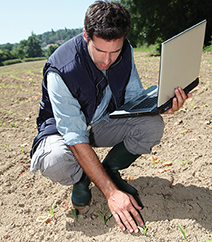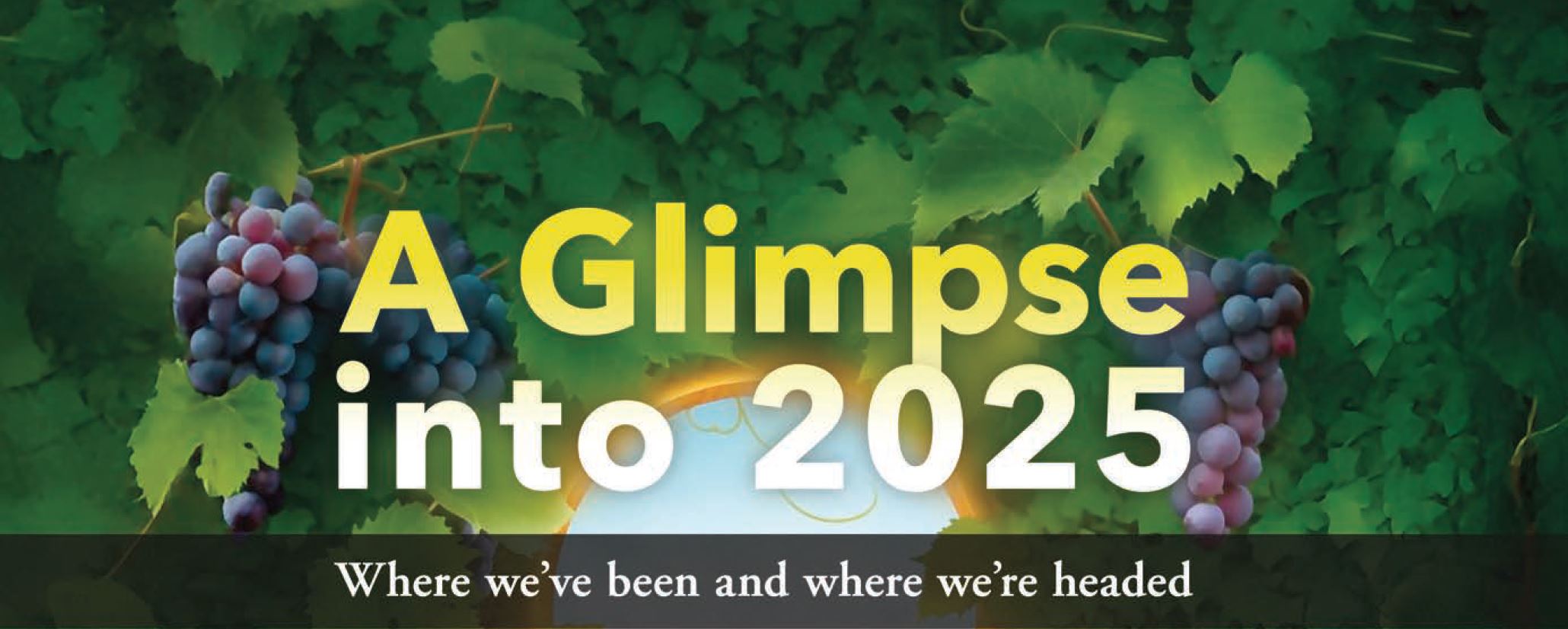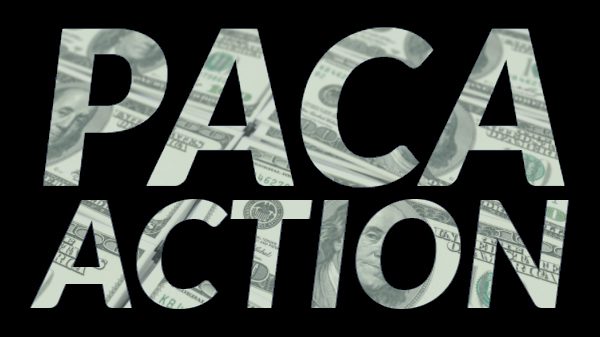Welcome to Blue Book!
Are you ready to join the thousands of companies who rely on Blue Book to drive smarter decisions? View our plans and get started today!
Still have questions? We’d love to show you what Blue Book can do for you. Drop us a line– we’ve been waiting for you.

California, of course, isn’t the only state with influential environmental groups. “The environmental community is very strong here in Florida,” notes Stuart. And though it may certainly be easier said than done, he adds, “It’s incumbent upon industries like agriculture to find a way to work with them to resolve issues.”
A Time to Unite
With only 2 percent of the nation’s population directly involved in agriculture production, resolving issues that impact the industry at the federal level is a monumental task. It requires the concerted efforts of everyone from field to fork, including commodity groups and trade associations, grower-shippers and wholesalers, retailers, and even consumers.
Since 2012 the House of Represen-tatives has passed four separate bills aimed at easing the water crisis in California, one of which was authored by Nunes, only to see all defeated in the Senate. Another water bill, authored by Senator Dianne Feinstein and introduced to the Senate in February, seeks a compromise in hopes of finding better ways to capture, store, treat, and reuse water. “The most effective thing people can do is to bring whatever pressure they can on U.S. senators, particularly California’s senators, to allow more water for human use,” urges Nunes.
“California’s forefathers built an amazing aqueduct system that transformed a desert into the most productive farmland on earth,” adds Nunes. “We still have that system in place; we just need the government to allow us to use it to its full capacity.”
If everyone involved in the agriculture industry—from grower-shippers and repackers to all those who supply these businesses with products and services—took the time to contact their state senators and representatives to express the need for reform, it might help. But getting people to speak up is only half the battle, the other is implementing change before it’s too late. As Puglia reiterates, having growers at odds with environmental policy “can take land out of production, impact processing facilities, and in our case as we’ve seen, dwindle water supply to the point where saving fish becomes more important than providing people with water.”
It is apropos to return to President Kennedy’s remarks at the groundbreaking of the San Luis Dam in 1962: “Progress represents the combined will of the American people, and only when they are joined together for action instead of standing still, thinking that everything that had to be done has been done.”
He concluded, rather prophetically, “It’s only when they join together in a forward movement that this country moves ahead and we prepare the way for those who come after us.” Until then, growers will continue to monitor dry field conditions and turn to technology for possible solutions.
Image: ©shutterstock.com/goodluz




